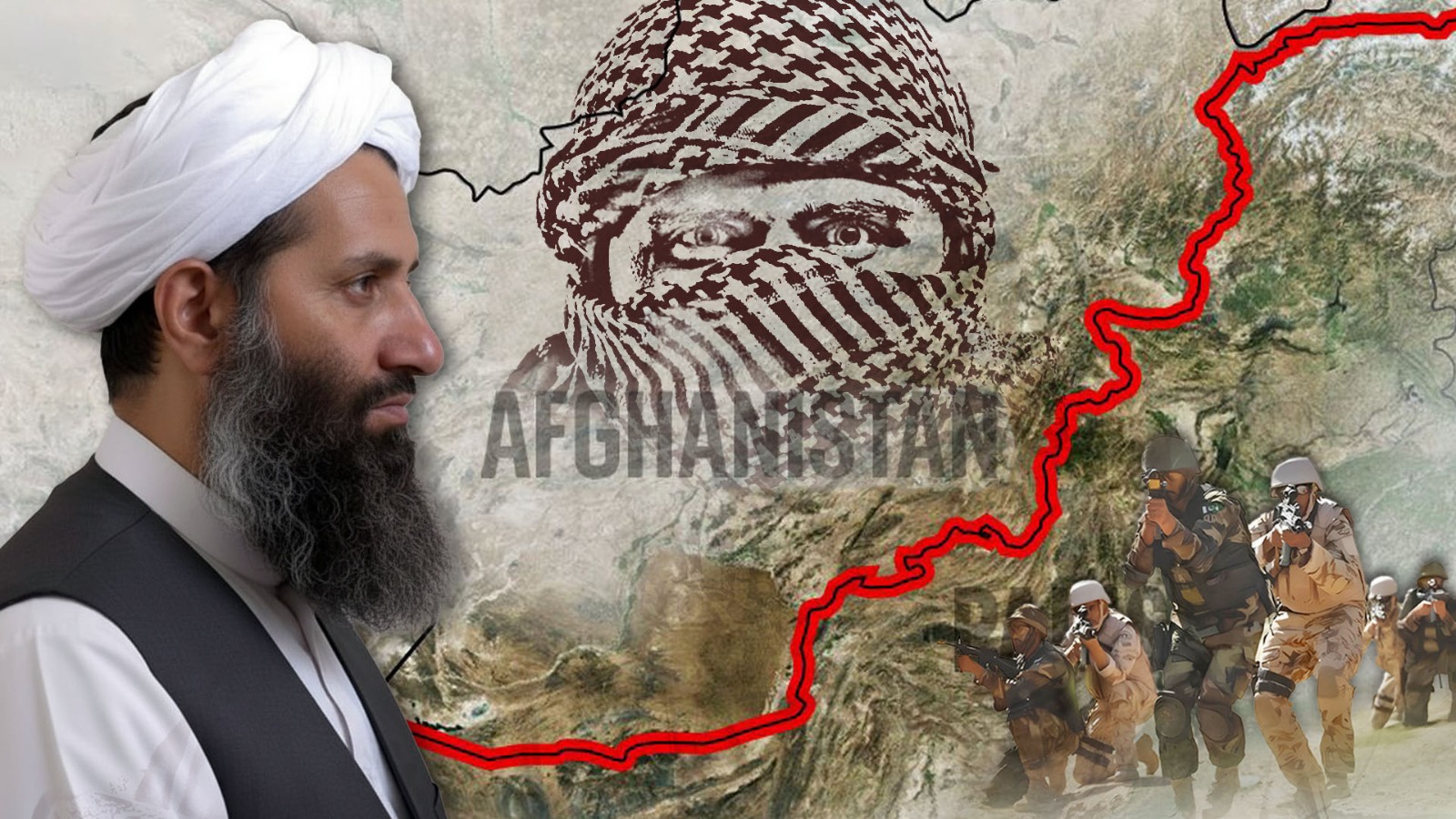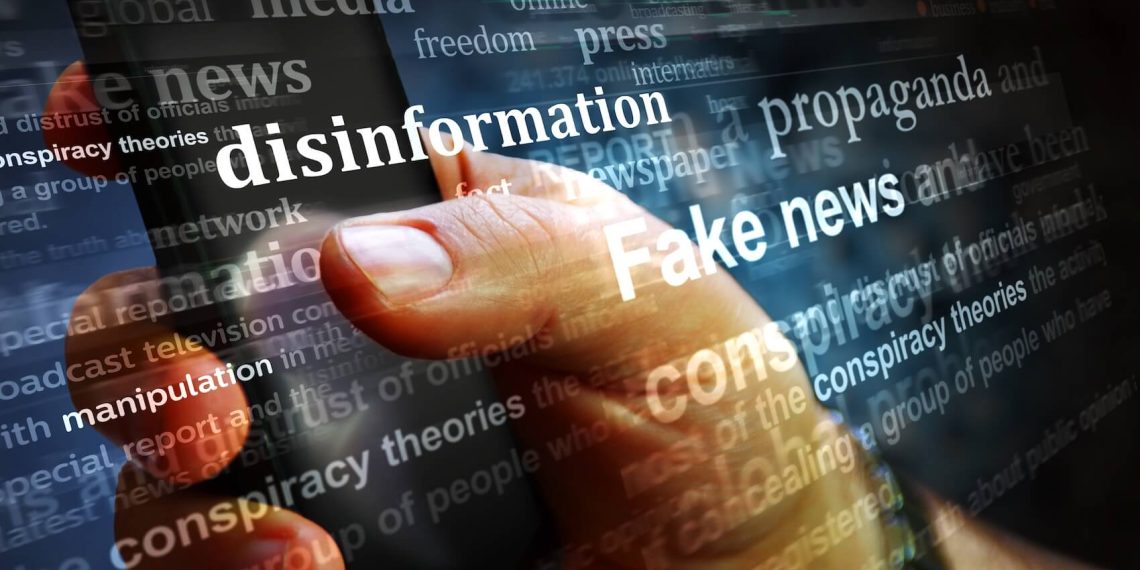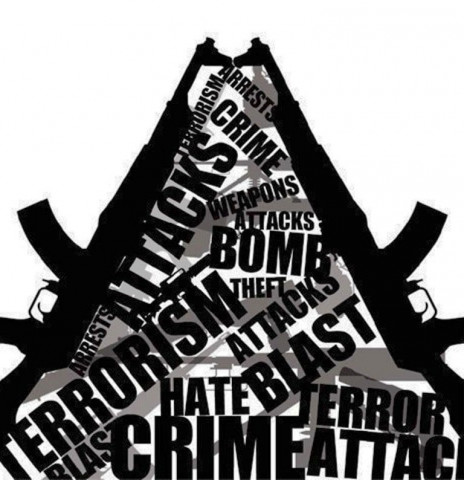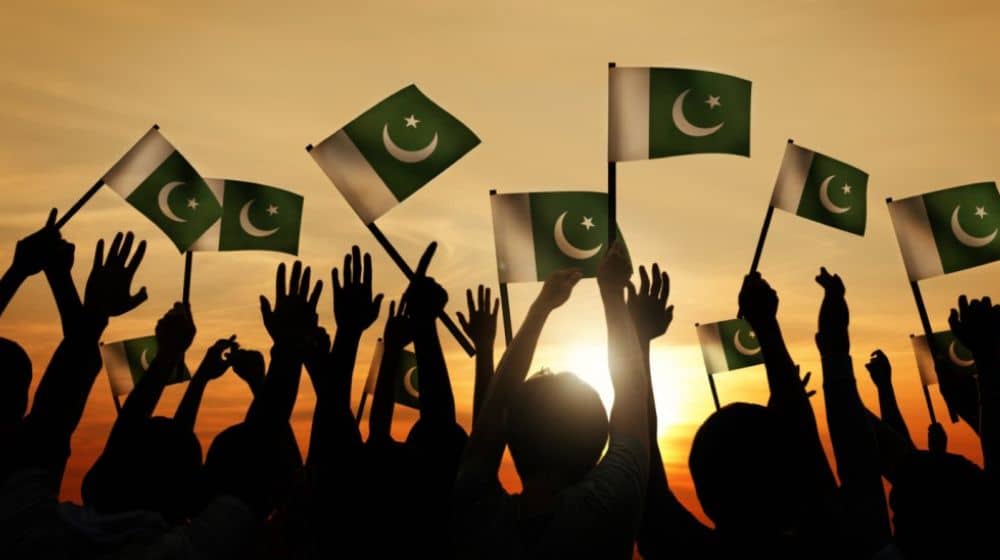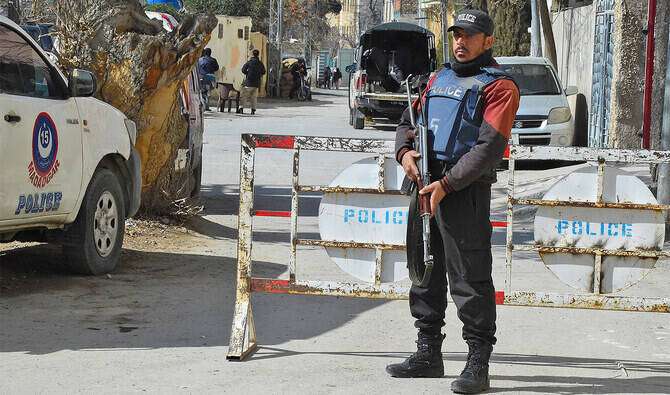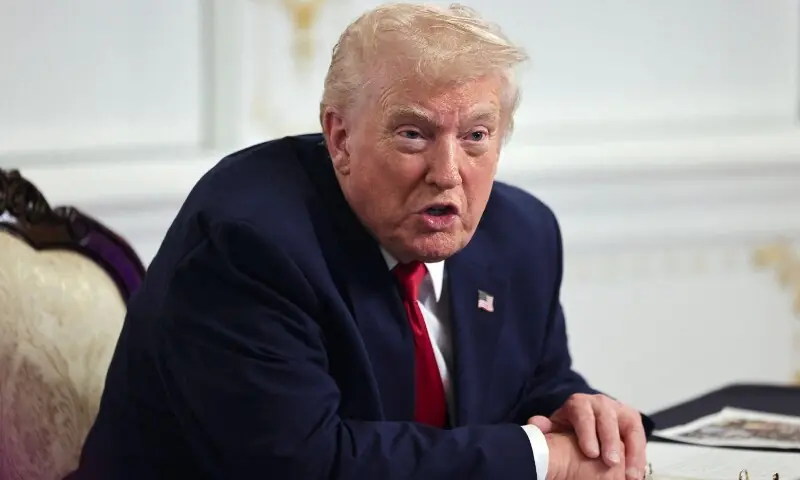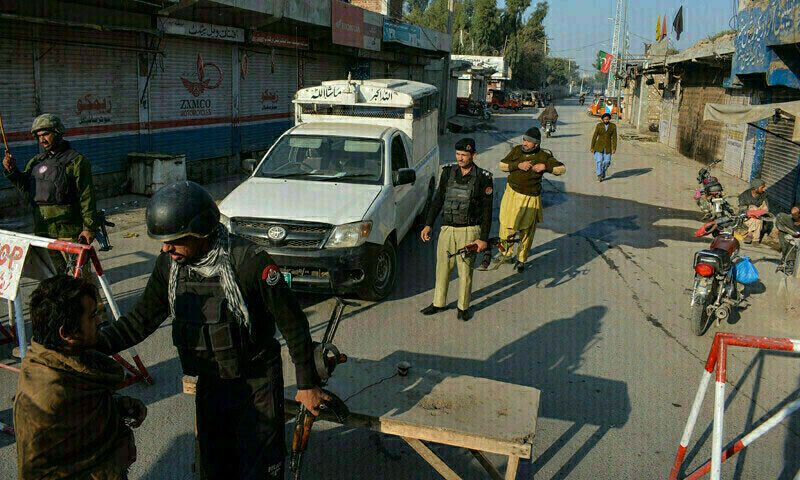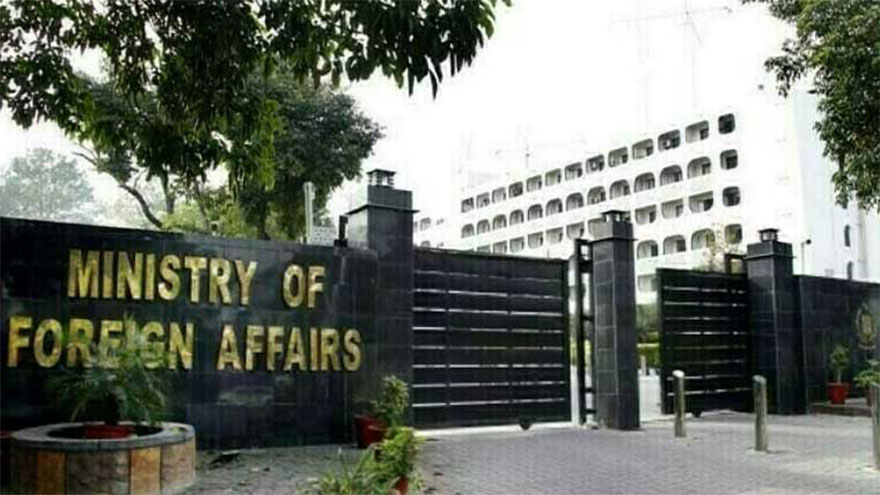In December 2014, Pakistan experienced one of the darkest chapters in its history when the Army Public School in Peshawar was attacked. Among those who justified the incident at the time was Ehsanullah Ehsan, the then spokesperson of the Tehrik-i-Taliban Pakistan (TTP). In recent years, he has reappeared in the media, not as a representative of militancy but as a “commentator,” with interviews and opinion pieces carried by Indian outlets including the Indo-Asian News Service (IANS) and The Sunday Guardian.
Ehsanullah Ehsan’s past affiliation with a UN-listed terrorist group raises questions about the credibility of his present commentary. His statements are frequently aligned with narratives already circulating in Indian media, where his interviews are published with limited scrutiny. This pattern suggests that his views are presented less as independent analysis and more as reinforcement of existing positions on Pakistan.
One recurring theme in his commentary is the claim that Pakistan enables groups associated with terrorism. In his IANS interview, he alleged that “ISI is regrouping Lashkar-e-Taiba and other outfits under the ISIS-K banner to utilize it as a proxy force in both Balochistan and Afghanistan,” adding that “Lashkar-e-Taiba is now being absorbed into ISIS-Khorasan and is being utilised as a proxy force in both Balochistan and Afghanistan.” However, the July 2025 report of the UN Monitoring Team located ISKP’s leadership, planning, and operational core in Afghanistan. No evidence has been presented in international reporting to substantiate the claim of a LeT–ISKP linkage, indicating that this narrative reflects regional talking points rather than documented findings.
Ehsan has also framed Pakistan’s approach to Kashmir in security terms. He claimed that “Pakistan will not completely end its interference in Kashmir through proxies… [but] the new approach will likely shift from direct military operations toward ‘low-intensity’ activities — smaller-scale attacks, political propaganda, and fueling public resentment.” While such statements suggest a strategy of covert involvement, Pakistan’s approach to the Kashmir dispute is anchored in international law and UN Security Council resolutions. Associating this position with militancy risks reducing a political and legal dispute to a security narrative, which complicates rather than clarifies the matter.
Recent U.S. statements have acknowledged Pakistan’s cooperation against ISKP, and UN Security Council reporting continues to emphasize that ISKP’s activities are directed from Afghan soil. These assessments highlight the cross-border nature of the threat and underline the importance of cooperative security mechanisms in the region.
Additionally, Pakistan’s completion of two Financial Action Task Force (FATF) action plans, culminating in its removal from the FATF grey list in October 2022, demonstrates tangible reforms. The delisting was based on international verification of measures against terrorist financing, including targeted steps toward UN-listed entities such as LeT and JuD. These developments indicate that Pakistan has taken significant steps to address the concerns often cited in narratives like those advanced by Ehsan.
Taken together, FATF outcomes, UN monitoring reports, and U.S. acknowledgments of Pakistan’s counterterrorism measures provide a clearer, evidence-based picture than Ehsanullah Ehsan’s commentary. While his statements continue to find space in certain outlets, they do not align with the assessments available in international forums. Pakistan’s record of reforms and sacrifices in counterterrorism is documented and recognized, and any evaluation of its role is best grounded in these objective sources rather than regional rhetoric.


